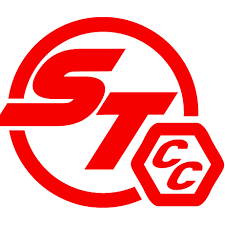“Why do you drive race cars?”
It’s the most common question I get, bar none, from people who know me and strangers, alike. A single sticker on my laptop sums it up soundly: Racing Ruined My Life. Like ice to an addict, I’m addicted to the feeling I get when I’m pushing the limits of myself and the car I’m driving.
When you’re modulating all that power with your right foot, the left pedal is very, very important. Thankfully, the 600LT has a firm brake pedal feel that progresses beautifully and always leaves you feeling confident that car will stop abruptly from pretty much any speed. That’s mainly due to the fact that it’s connected to the carbon-ceramic brakes that come standard on the 600LT. The stop-and-go nature of city driving takes a crazy toll on brakes. Not these. As they’re made to withstand the friction generated when you stop from extreme speeds on track, you can light these up all day on the streets and they won’t fade.
Surface Transforms plc (LON:SCE) are experts in the development and production of carbon-ceramic materials and the UK’s only manufacturer of carbon-ceramic brakes for automotive use.


